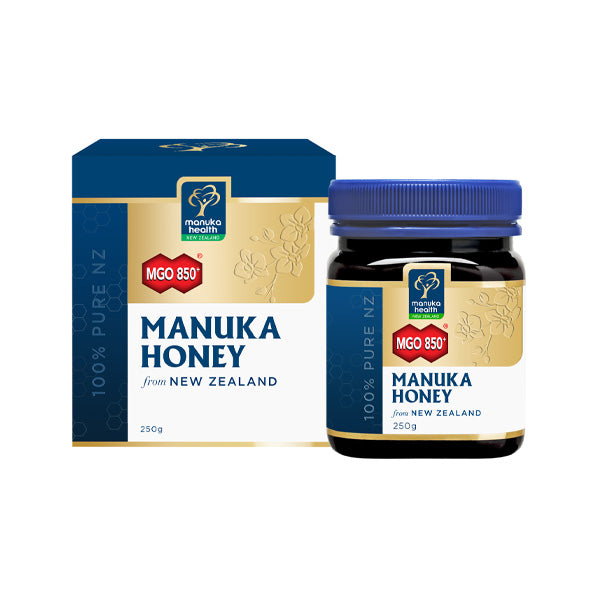Miso soup, a traditional Japanese dish, has gained popularity worldwide for its unique flavour and numerous health benefits. Made from fermented soybean paste, known as miso, this soup is a comforting and nourishing addition to any meal. In this blog, we will explore what miso soup is, how it is made, and the health benefits it offers.
Miso soup is a traditional Japanese soup made from miso paste, which is created by fermenting soybeans with salt and a koji culture (Biswas et al., 2018). Additional ingredients such as dashi (a Japanese cooking stock), seaweed, tofu, and vegetables are often added to enhance the flavour and nutritional profile of the soup. Miso soup has been a staple in Japanese cuisine for centuries, known for its umami flavour and comforting qualities.
How is Miso Soup Made? To make miso soup, start by preparing the miso paste. Soybeans are soaked, cooked, and mashed before being mixed with koji culture, a fermentation starter made from rice, barley, or soybeans. Salt is added to the mixture, which is then left to ferment for several months or even years. The length of fermentation affects the flavour and colour of the miso paste.
When making miso soup, start by preparing dashi, a stock made from kombu (seaweed) and bonito flakes (dried fish flakes). The dashi adds depth and richness to the soup. Once the dashi is prepared, the miso paste is added, along with other ingredients such as tofu, seaweed, scallions, and mushrooms. The soup is simmered gently until the flavours meld together.
Health Benefits of Miso Soup: Miso soup not only delights the taste buds but also provides several health benefits. Here are some key advantages:
- Nutrient-Rich: Miso paste is a good source of essential nutrients, including protein, fibre, vitamins (B-complex vitamins, vitamin E, and vitamin K), and minerals (iron, zinc, and copper) (Kłodzińska et al., 2019). The inclusion of vegetables and seaweed in miso soup further enhances its nutritional value.
- Digestive Health: The fermentation process used to produce miso paste results in the production of beneficial probiotics, which support gut health and aid digestion (Yuan et al., 2020). These probiotics can help improve the balance of gut bacteria and enhance nutrient absorption.
- Immune-Boosting Properties: Miso soup contains compounds with potential immune-boosting effects. Fermented soybean products like miso have been associated with immune-modulating properties, potentially reducing the risk of infections, and promoting overall immune health (Makino et al., 2016).
- Antioxidant Content: Miso paste contains antioxidants, such as phenolic compounds, which help combat oxidative stress and reduce inflammation in the body (Wong et al., 2020). These antioxidants play a vital role in protecting cells from damage caused by free radicals.
- Cardiovascular Support: Regular consumption of miso soup has been linked to potential cardiovascular benefits. Studies suggest that the isoflavones found in miso may help reduce the risk of heart disease by improving lipid profiles and reducing blood pressure (Yoshizaki et al., 2020).
Miso soup offers a delightful combination of flavours and numerous health benefits. This traditional Japanese dish is a nutritious addition to any diet, providing essential nutrients, supporting gut health, boosting the immune system, and offering antioxidant and cardiovascular benefits. Incorporating miso soup into your meals can be a delicious way to nourish your body and indulge in Japanese culinary traditions.
Click here to shop our Miso Soup selection!
Image credit: @spiralfoods
References:
- Biswas, A. K., Chatli, M. K., & Sahoo, J. (2018). Fermented meat products: Health benefits and functional properties. International Journal of Food Properties, 21(1), 2137-2154.
- Kłodzińska, E., Świątek, Ł., Materska, M., Tęsiorowska, E., & Świątek, M. (2019). Miso, a fermented soybean paste: Nutritional composition, biological activity, and applications to human health. Critical Reviews in Food Science and Nutrition, 59(14), 2238-2253.
- Makino, T., Mizukami, H., & Hachiya, H. (2016). Fermented soybean-derived products and their health-promoting effects: Evidence from clinical studies. Bioscience, Biotechnology, and Biochemistry, 80(5), 845-852.
- Wong, J. Y., Tzeng, I. S., Liu, C. H., Wang, Y. T., & Yang, Y. L. (2020). Antioxidant activity of fermented miso and soybean extracts of Lactobacillus casei strains. Journal of Food and Drug Analysis, 28(3), 292-301.
- Yoshizaki, Y., & Hirakawa, H. (2020). Cardiovascular disease and miso: An overlooked fermented food. International Journal of Food Sciences and Nutrition, 71(4), 387-401.




